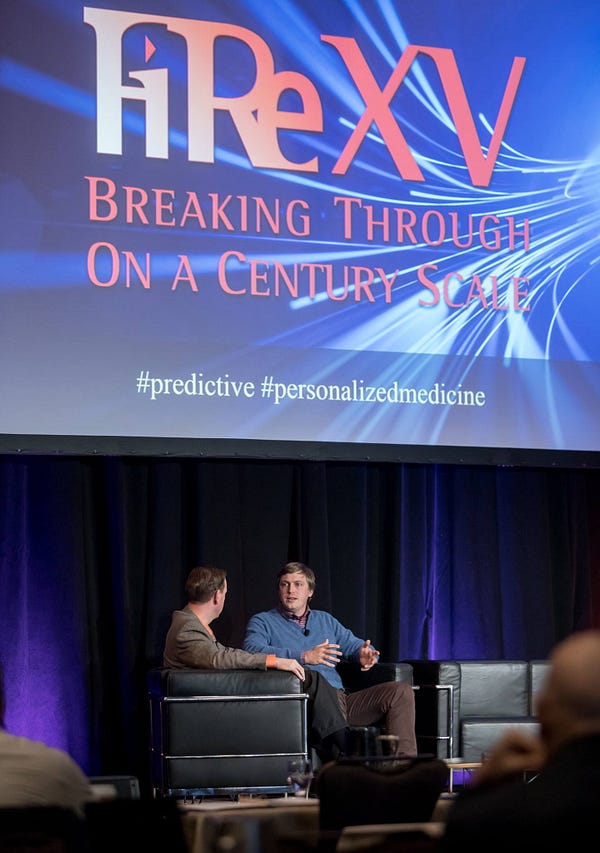FiRe 2017: Some bodies like it hot
By Ahrash Poursaid

Things got heated at one of panels during the FiReconference between Representative Mike Winder and Benjamin Smarr of UC Berkeley. The two spoke about Smarr’s research in looking into studying the temperature of the human body for a new form of preventative medicine.
“The body is difficult to study”, said Smarr talking about the complexities of the physiology and his fascination behind it.
He mentioned his interest in trying to understand how something he consumed and now residing in his stomach changes and how it will affect him. He spoke about pattern recognition within the body and how it can lead into prediction of actions or conditions.
Smarr showed the audience a month-long time lapse of body temperature recordings of mice from day to night.
“I look at body temperature across time,” said Smarr.
Every different color pixel transcribes a different state the mice were in ranging from waking up, eating and eventually falling asleep. These were not the only bodily functions that can be seen from this image.

“I can detect pregnancy by looking at body temperature at 100% of accuracy after inception”, said Smarr. “Body temperature changes in a way that we can predict if the pregnancy will be healthy or with problems with 95% accuracy in the first day.”
Smarr made a note that this technology can be used elsewhere other than detecting pregnancies but especially in how well students will perform in schools.
“There are striking predictors from body temperature recording on how students will perform in their classes based on the stability of their sleep,” he said. “I want to walk into a room and the room recognizes me by my body signatures.”
He also looked forward into a future where biological signatures improve our understanding of ourselves.
“We are going to end up in a smart world,” he said.